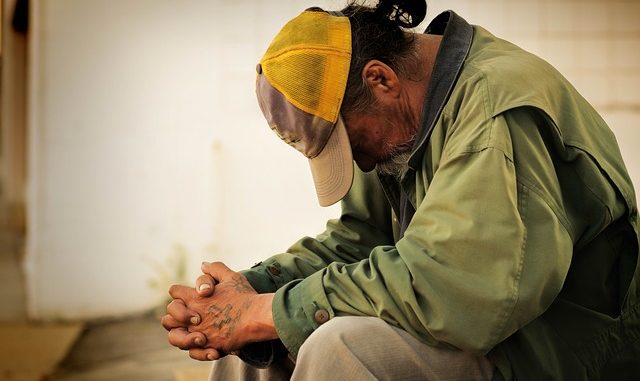
Published in El Pais, 26 May 2018.
Poverty. It is a relative concept. A humanitarian drama is taking place in Venezuela. Compared with the situation in Venezuela, the European Union seems to be paradise. Although in the Netherlands, for example, there are also food banks for people who are short of monthly income. Income is at a higher level here; but so are the monthly expenses. Combined with sometimes high debts, this also leads to poverty in the EU.
Recently I got the opportunity to join a Dutch foundation with an aid transport to Romania. Romania, a member of the EU since 2007, is in good shape with an unemployment rate of 4.6% and economic growth of over 5%. However, many population groups do not benefit. The foundation supports around 100 households in a small town north of Bucharest. Help takes place in the form of clothing, food packages and sometimes a financial contribution. I have been able to experience what poverty is like in this part of the EU and it is tangible. Older people usually receive a small pension, but the unemployed, sick and people with disabilities often have too little (financial) support from the government to escape from poverty. These are the people the foundation, it work for, tries to reach. We work with family sponsors; a Dutch sponsor is linked to a Romanian needy family.
The Dutch foundation consists of volunteers and is a private initiative. The costs consist of purchasing food parcels, travel costs for auxiliary transport and an expense allowance for our Romanian contact person who acts as an interpreter and arranges bureaucratic issues for the foundation on the spot. Short lines without delaying decision making and high management costs. Romanian needy people are reached immediately and quickly. A reasonably effective and efficient form of development aid. Development aid within the EU. organized by their citizens.
Every year money goes from EU funds to Romania (2016: € 7.36 billion). This is visible, for example, through the newly constructed motorway, along where signs show that this project was financed by the EU. Tangible. The most money goes to funds for agriculture and regional development. In practice, this means that a lot of money disappears in the Romanian bureaucracy. The EU arranges cash flows to government bodies in Romania with an expensive civil service. How beautiful it would be if public authorities in the EU would operate as effectively and efficiently as many private initiatives. Would poverty in the European Union quickly become a thing of the past?



Be the first to comment